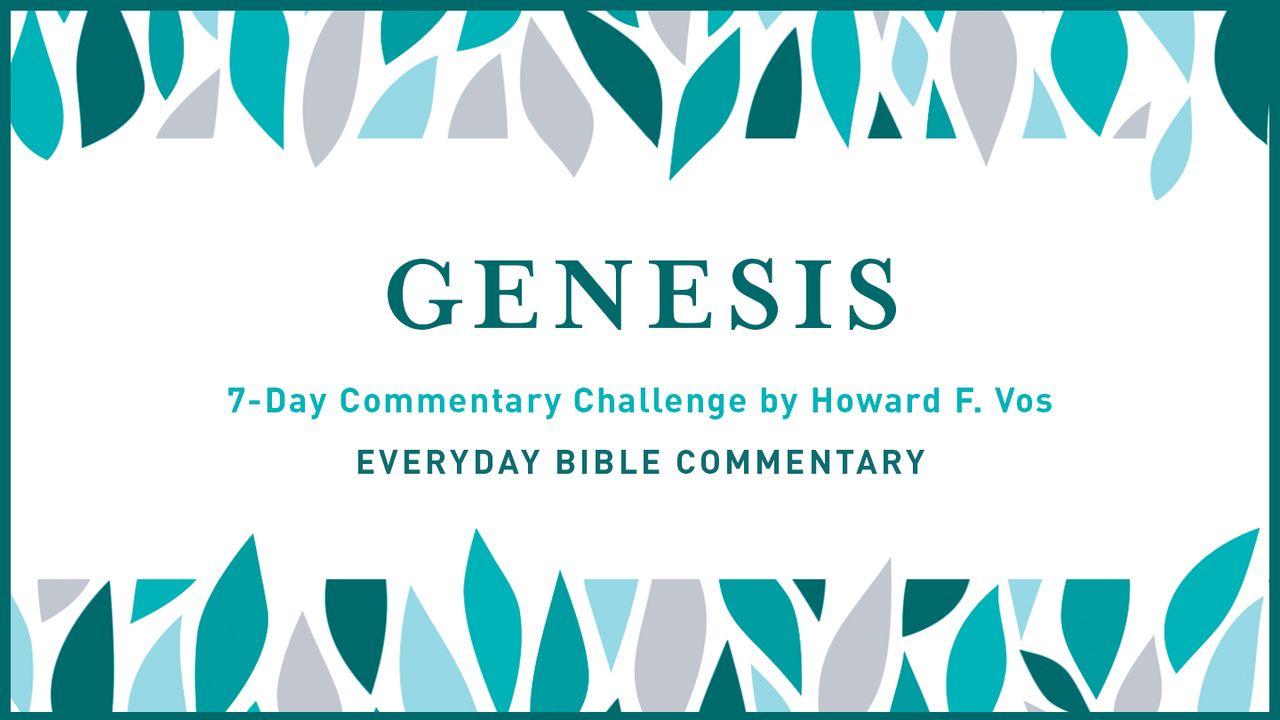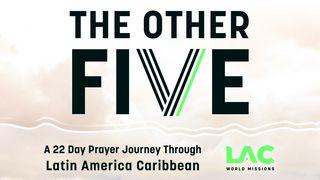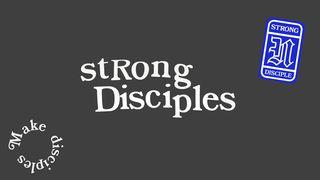7-Day Commentary Challenge - Genesis 1-3Sample

Divine Confrontation, 3:8–13
Now we see God come in grace, seeking fallen man. Adam and Eve heard “the sound,” not “the voice” of God. Taking on human characteristics, God seemed to push aside branches and undergrowth and to make the sound of footsteps as He came walking through the garden in the time of day when cool breezes of evening began to blow. Fellowship that previously had been a joy was broken, and the prospect of meeting God brought terror. Adam and Eve hid themselves. Yahweh Elohim, the covenant-redemptive God, sought them out. It is interesting that Satan and Eve had called Him only Elohim. Adam confessed his plight: “I was afraid . . . I was naked . . . I hid.” Estranged from God, he sought to avoid contact with Him—a natural result of spiritual death. Through a process of questioning, God tried to lead Adam to make a full confession of guilt. But he did that only partially; Adam quickly utilized a trick of fallen human nature: “passing the buck.” Not only did Adam try to weasel out of a bad situation by blaming Eve, but he also tried to blame God Himself for his predicament: “the woman whom You gave me.” Apparently without any response to Adam’s comments, God turned to Eve to elicit a confession from her. She learned quickly, following the lead of Adam, and put the whole blame on the serpent.
Divine Judgment, 3:14–19
Next God turned to Satan. This time there were no rhetorical questions. The one ultimately responsible must pay the ultimate penalty. Satan’s agent of the temptation was cursed. From a beautiful, upright, highly intelligent creature, the serpent was degraded into a loathsome reptile that would “bite the dust” forever. Then to Satan himself He delivered what often is called the protevangelium or “first gospel” (v. 15). The enmity between Satan and the woman showed that he was not the friend he had pretended to be at the time of the temptation; Satan was really the enemy of mankind. “The seed of the woman” in a general way comprehends the children of God whereas “seed of the serpent” denotes the unregenerate part of mankind that will be in conflict with the seed of the woman down through the millennia. But more specifically, the seed of the woman is masculine singular in the original: “he shall crush your head”; “you will bruise his heel.” The seed of the woman especially points to Christ and His coming to earth (Gal. 4:4). Satan would bruise His heel, achieve His crucifixion. But in that crucifixion He (Christ) would judge Satan (Col. 2:14–15) and rise again, making it possible for believers to triumph over evil forces (Rom. 16:20) and laying the basis on which Christ ultimately will defeat Satan according to the book of Revelation. On the cross Jesus Christ would pay the price of man’s sin and make redemption available for the entire race.
In addition to the general judgment on humanity involving spiritual and physical death for disobedience to God, there were specific curses. Motherhood would be accompanied by great suffering and personal danger. And because the woman had persuaded the man to do what she wanted and he had eaten forbidden fruit with her in the fall, often she would find herself in difficult situations in interpersonal relations with him. She might find herself in a servile yearning for him.And man’s lordship over woman might be exploitive to the point of physical degradation and slavery.
Man would have his set of trials, too. He was condemned to exhausting labor to make a living; that toil was made more difficult by a curse on nature that will continue until the end times (Rom. 8:20–23). The need to work often is looked on as a result of the fall, but such is not the case. Adam was very busy before the fall, fulfilling the responsibility to “till” and “care for” (neb) the garden. The fall brought on a new kind of labor with its many agonies. No doubt plant diseases, drought, floods, hurricanes, and other disasters leading to shortages and even starvation were in view. Exhausting toil with its many unpleasantries was to continue throughout life. And ultimately man would die, as God had warned would be the case. Postponement of death did not eliminate its inevitability.
Divine Provision and Expulsion, 3:20–24
Adam called his wife’s name “Eve,” meaning “life” or “life source,” because he recognized her as the mother of all living. In its simplest significance, that observation could merely indicate that Adam recognized his wife would be the mother of all human descendants to follow. But coming after the severe curses and the pronouncement of death in previous verses, it sounds more like some sort of statement of faith or hope. And thus it may indicate that Adam looked forward to the coming of that seed of woman who would undo the fiasco he had brought on humanity. If so, his statement reflects a certain awareness of divine provision.
Another evidence of divine provision involved the killing of animals to make more permanent clothing for mankind. That not only met a human need but it also put a divine stamp on the wearing of clothing. And possibly it inaugurated the inclusion of meat in human diet. To foresee the Atonement here may involve too much of an assumption. There is no reference to the erection of an altar and the offering of sacrifices.
The curse on man was finalized with the expulsion from the Garden of Eden. Once man was driven from the garden, cherubim, angelic beings especially designated to protect the holiness of God, were stationed at the gate to prevent reentry (cf. Ezek. 1:4–16; 10:5). The reason given for expulsion was to prevent man from eating of the tree of life. Commentators generally observe that the tree could not possibly bear fruit capable of reversing the effects of Adam’s sin. What was it then? Wood argues that it had symbolic value, symbolizing life that would have been man’s if he had been obedient. Preventing him from eating would symbolize the death he had incurred because of disobedience and the impossibility of regaining paradise. Moreover, in eating of the tree man might have developed the false notion that by that means he was capable of perpetuating physical life or of contributing something to his spiritual redemption. To prevent the rise of such false views God had to expel man from the garden.
Note from the Publisher: We hope that you have been encouraged by this 7-day commentary challenge from Howard F. Vos. You can pick up a copy of Genesis - Everyday Bible Commentary at moodypublishers.com
Scripture
About this Plan

This seven day reading plan is from the Everyday Bible Commentary on Genesis 1-3. Readers will discover the biblical significance of the Creation story. The commentary is accessible, challenging and doesn't require a degree in Hebrew to understand.
More
We would like to thank Moody Publishers for providing this plan. For more information, please visit: https://www.moodypublishers.com/books/bible-study-and-reference/genesis--everymans-bible-commentary/
Related Plans

The Other Five Prayer Journey

Bricklayers 1

21 Day Prayer Challenge

Strong Disciples Two

Deeper Waters: Trusting God When It Doesn’t Make Sense

When the Presence Lifts - Seeking God for Freshness

Overcoming Trauma

Finding God in the Midst of Pain

Ecclesiastes // Chasing Meaning
